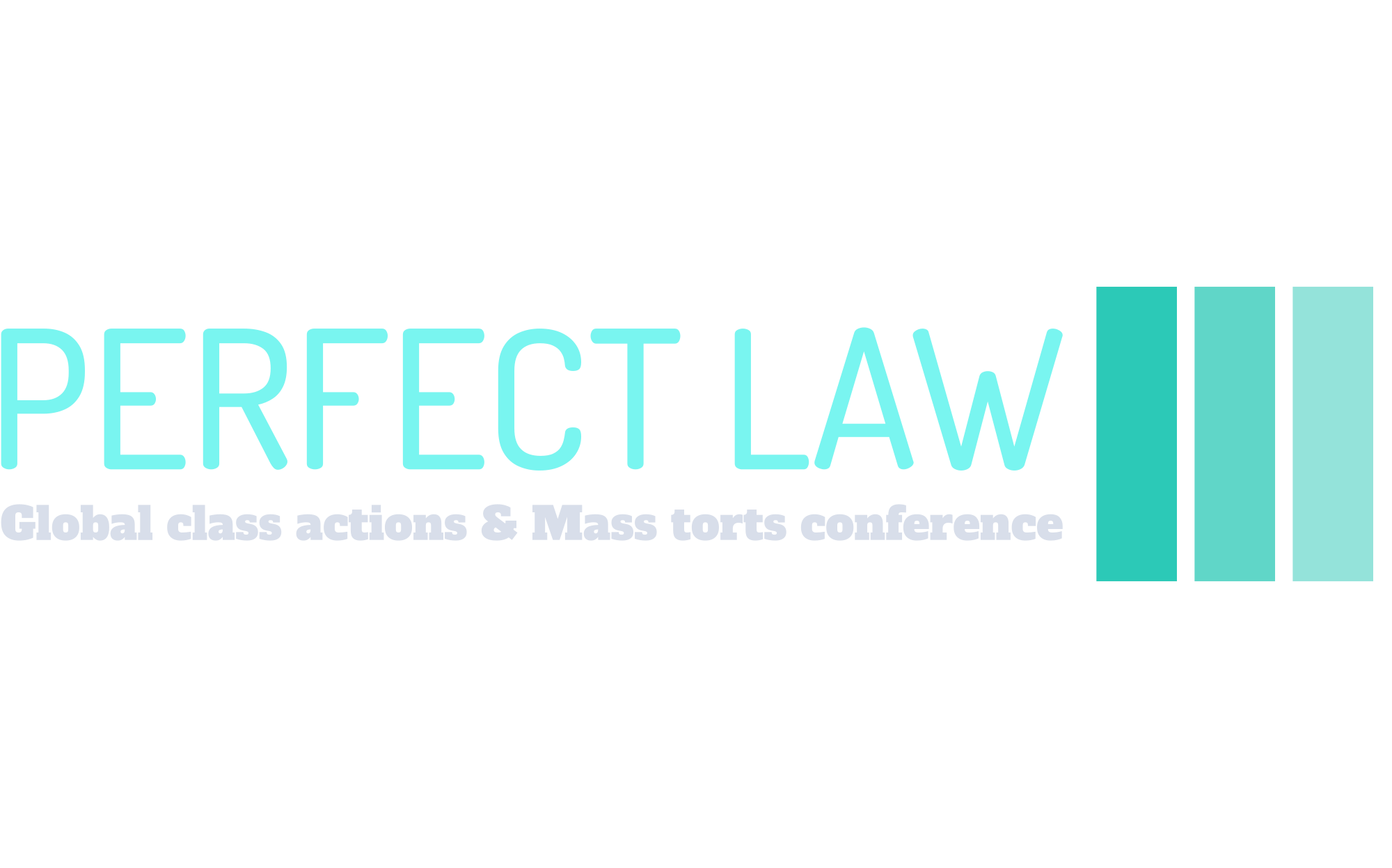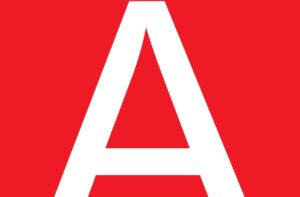As collective proceedings under section 47B of the Competition Act 1998 continue to gain traction and the regime is fleshed out by a steady stream of Competition Appeal Tribunal (“CAT”) decisions, the prediction of a future, equally steady stream of new applications for a collective proceedings order (“CPO”) doesn’t appear to be too far-fetched. Some of these applications will lead to “carriage disputes”, i.e. the question which one of several CPO applications regarding the same claims is allowed to go forward.[1] So far, this issue was only briefly addressed in two cases[2], which is why the judgment of 26 May 2023 of the CAT in Claudio Pollack v Alphabet, Google LLC, Google Ireland Limited, and Google UK Limited (collectively “Google”) and Charles Maxwell Arthur v Google[3] is most welcomed. In this decision, the CAT had to consider whether carriage disputes “should be dealt with as a preliminary issue in advance of certification or at the same time as the question of certification.”
Both Mr Pollack and Mr Arthur have applied to commence collective proceedings as Proposed Class Representatives (“PCR”). Both PCRs base their claims on Google’s alleged abuse of its dominant position in the online advertising market. They seek to recover damages to compensate UK-domiciled online publishers who suffered loss as a result of Google’s alleged conduct, on an opt-out basis (Mr Pollack’s application additionally includes a sub-class on an opt-in basis).
The CAT took its earlier judgment in Michael O’Higgins FX Class Representative Limited v Barclays Bank PLC and Others[4] (“O’Higgins”) as a starting point. There, due to the interlocking questions of carriage and certification, the uncertainty about the latter prior to the United Kingdom Supreme Court’s (“UKSC”) seminal judgment in Merricks v Mastercard[5] (“Merricks”), and the general novelty of the jurisdiction, the CAT decided “not to hear carriage as a preliminary issue in advance of certification”. Instead, carriage and certification were to be heard together.
As in O’Higgins, the CAT assumed that ultimately, only one of the two applications could be certified. However, the CAT also emphasized that it did not consider itself constrained by the approach taken in O’Higgins, and instead laid out an approach based on four considerations:
First, the Tribunal stressed “the importance of cost control” in collective proceedings and argued that “hearing carriage in advance of certification can save considerable costs”. Interestingly, the CAT in this regard also stated that a carriage dispute by its nature is between the PCRs only, with the proposed defendant largely relegated to the role of a bystander: “Proposed defendants should not – save to assist the Tribunal – be entitled to have much of a say in picking the party that will be seeking to carry on collective proceedings against them.”
Second, the question of whether carriage can “fairly” be separated from certification was brought up. Here, the CAT pointed out that since Merricks, “questions arising on certification are likely to be quite technical […] and are unlikely materially to inform the outcome of any carriage dispute.” Hence, there would be no advantage in hearing both issues together. This was also the position taken by the PCRs.
Third, the CAT deliberated the “risk of delay” in collective proceedings for an application first in time, if another application emerges later.[6] As “justice delayed is justice denied”, the CAT acknowledged that it would proceed with each application “as expeditiously as it can”, which in turn leads to the “risk of a clear procedural gap emerging between the status of the application first in time and the application second in time”. With this in mind, the CAT stated that “first to file” would not in and of itself be determinative of carriage, expressing a similar scepticism to this test as in O’Higgins due to its potential “perverse incentives” for a race to the courthouse. Then again, the effort of framing a well-considered claim should not go unnoticed either. The Tribunal ended on a more practical note and cautioned that the temporal advance of the first application at one point could become difficult to catch up with for the second application.
Lastly, the Tribunal had to address Google’s opposition to the determination of the carriage dispute as a preliminary issue. The CAT was satisfied that no aspect of certification would in any way be influenced by an anterior decision on carriage, and that a hearing of carriage as a preliminary issue would be fair to the PCRs but also to Google. The danger of the carriage ruling itself resulting in potentially disruptive satellite litigation by the losing PCR was the only risk recognized by the CAT, but a risk the Tribunal deemed too theoretical for the time being to deter hearing carriage as a preliminary issue.
Consequently, the CAT concluded to list a hearing of the carriage dispute “in advance of any application for certification”. According to the Tribunal’s website, the carriage dispute will be heard on 16 October 2023.
The CAT suggested that in most carriage disputes, there will be no advantage in hearing carriage with certification. Whether this prediction is vindicated remains to be seen., but it underlines the CAT readiness to refine section 47B into an efficient and manageable regime.
Johannes Nickl[7]
[1] See in this regard Rule 78(2)(c) of the Competition Appeal Tribunal Rules 2015.
[2] Michael O’Higgins FX Class Representative Limited v Barclays Bank PLC and Others [2022] CAT 16 and UK Trucks Claim Limited v Stellantis N.V. (formerly Fiat Chrysler Automobiles N.V.) and Others [2022] CAT 25.
[3] Claudio Pollack v Alphabet Inc. and Others [2023] CAT 34.
[4] [2020] CAT 9.
[5] Mastercard Incorporated & Ors v Merricks [2020] UKSC 51.
[6] Mr Pollack had filed on 30 November 2022, while Mr Arthur only filed on 29 March 2023.
[7] Doctoral Candidate at Heidelberg University, Germany.
Foto Credit: DraftSaturn15



